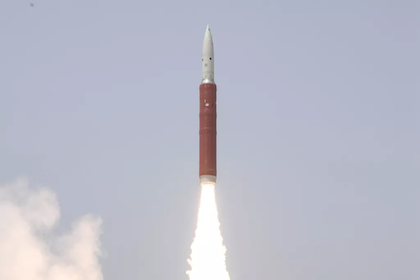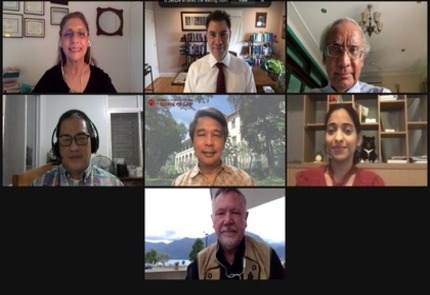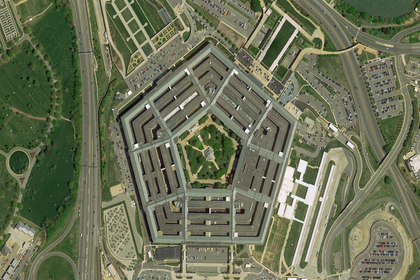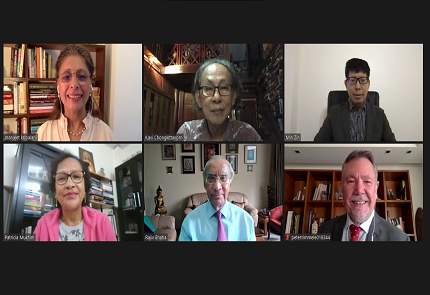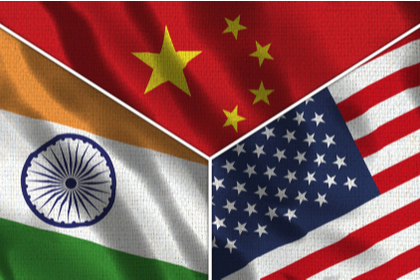A decade of autonomy in space
As the private or autonomous space industry becomes more developed, an interesting phenomena is occurring. The public sector which runs space programmes has lagged behind, but also profits from the recent success of private space companies are limited to direct stakeholders. After a decade of private investment, it is worth assessing why countries like the U.S., Russia, China and India have pursued independence from government entities in space over the last decade.

